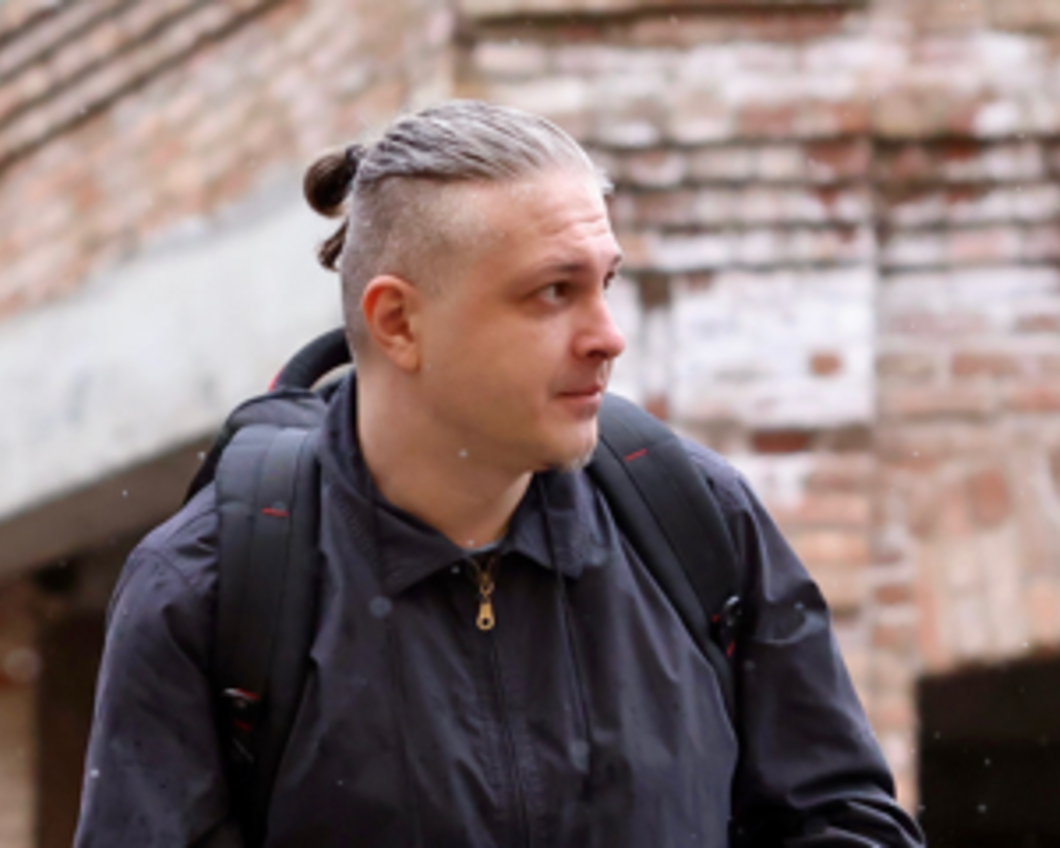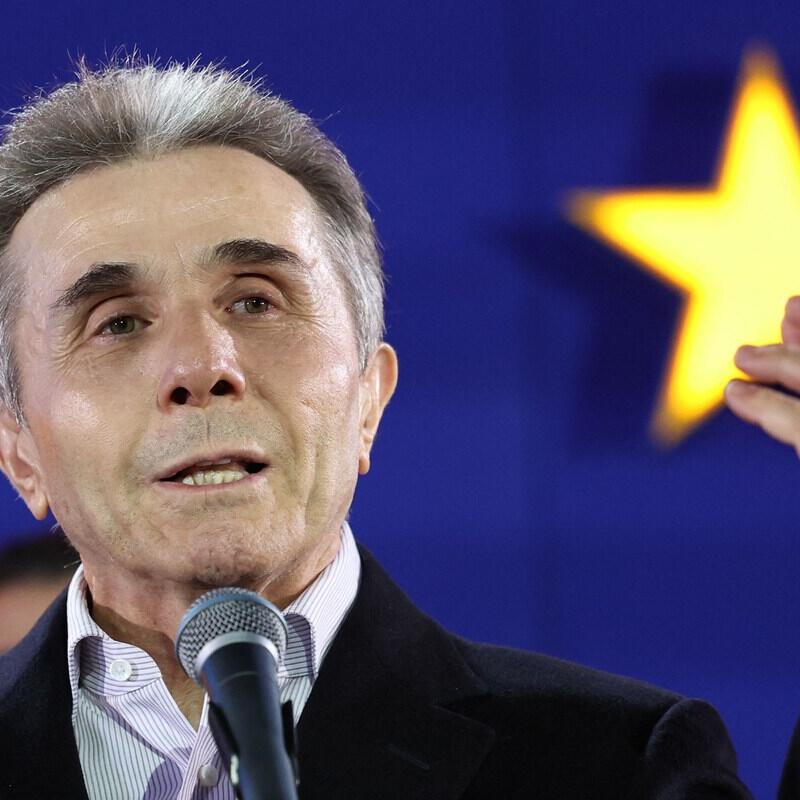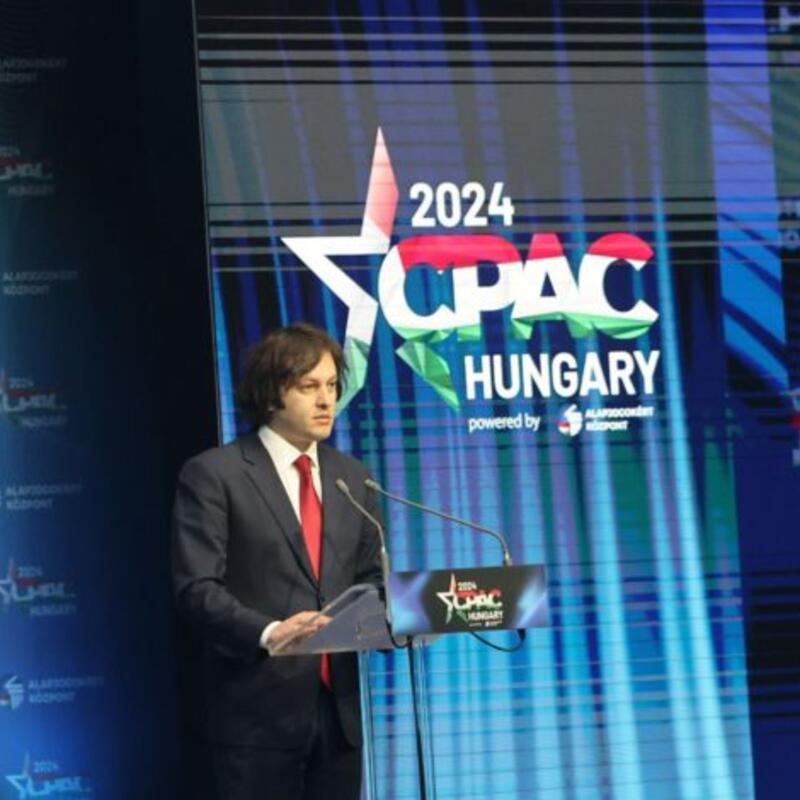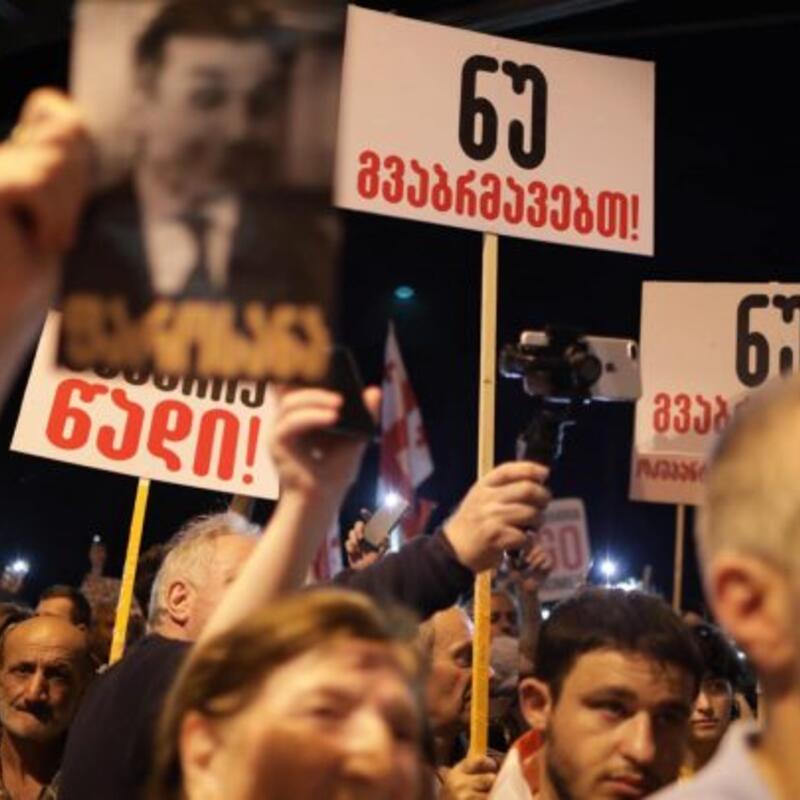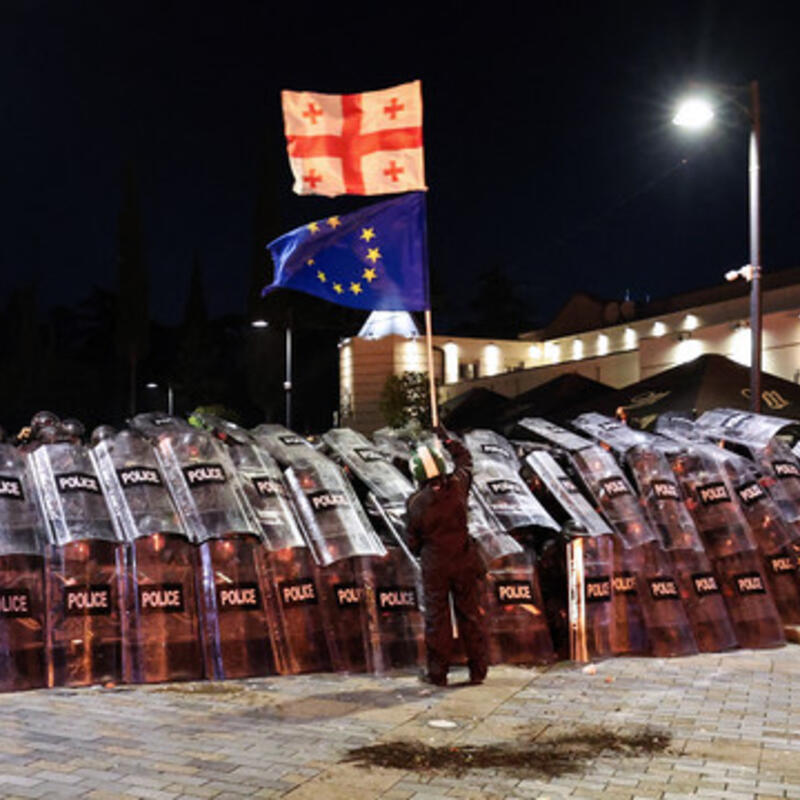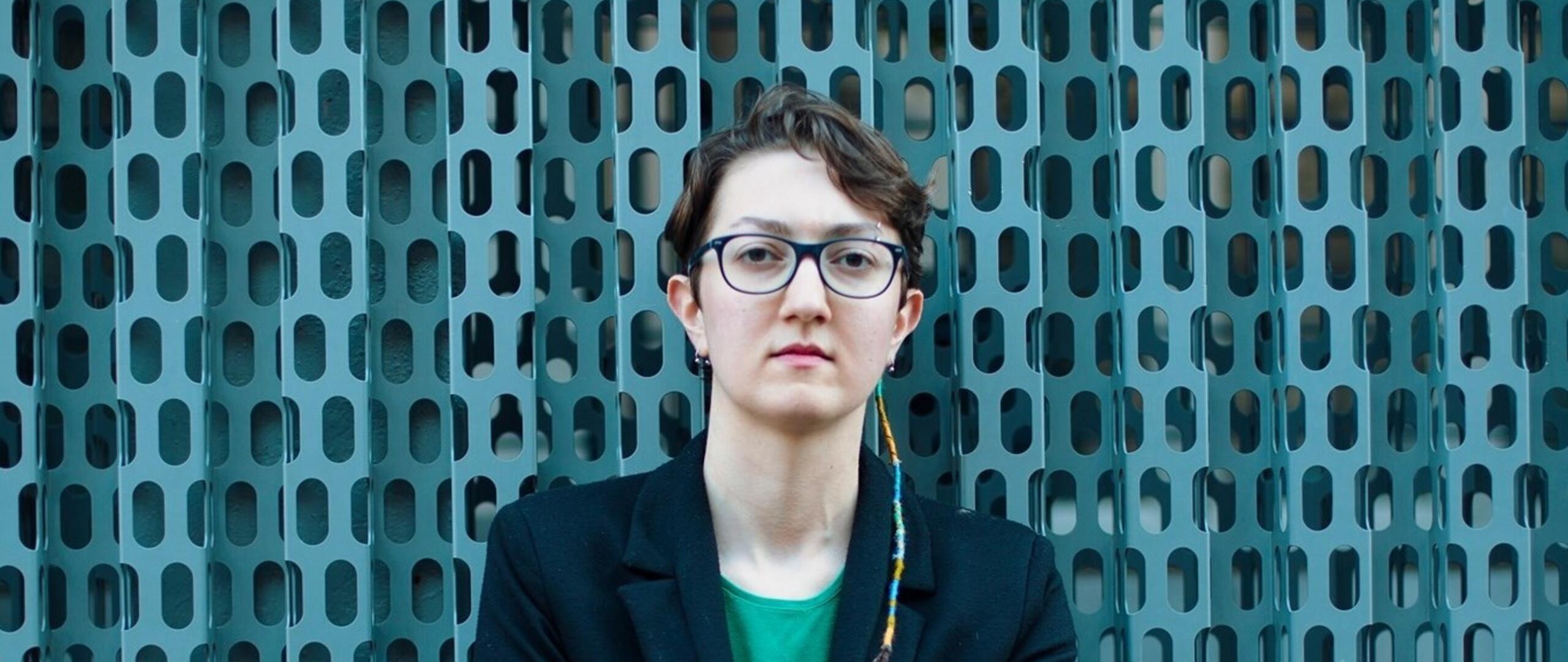This article is the second article of our three-part series on the political situation in Georgia. In the first article first article, activist Tamar Jakeli, adresses the protest and urgency of the 4th of October. In this second article Shota (photo taken by Guram Muradov) writes how the ultra-right as well as Georgia’s ruling party weaponizes gender and Europe’s inaction while this happens.
Queers, traitors, liberalism, and Western warmongers – the four horsemen of an oligarch’s manufactured apocalypse now define Georgia’s new official ideology. Each serves a use: queers to ignite moral panic, traitors’ to justify repression, ‘liberalism’ and Western warmongers to discredit pro-western democratic aspirations and surrender to Moscow. Meanwhile, Europe’s response remains theatrical, offering symbolic penalties for elites to disguise a deeper inaction.
